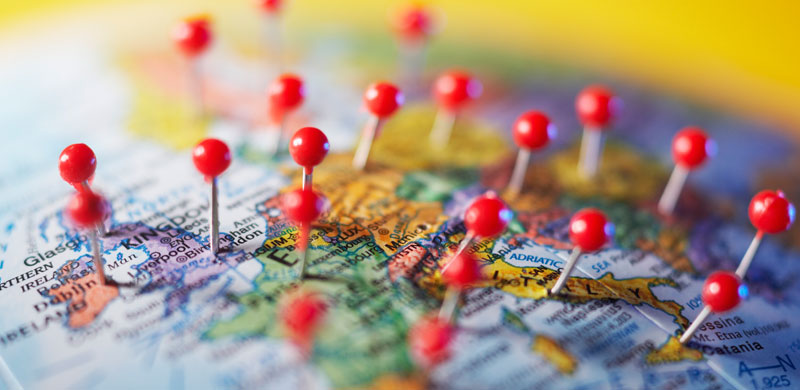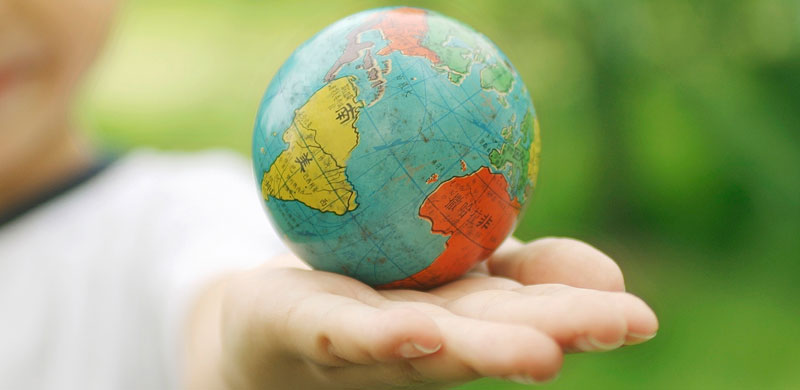
Do you know your place in the global village? While you may work in a local village and operate in a particular geographical position, it’s also possible that you are being noticed, recognised and searched for in other domains across the globe.
We no longer sell just to our local village – changing technologies mean that communication, connection and projection of our identities is possible on a global scale. In today’s market, you can never fully predict who is going to search for your website, look for your product, or connect with your passion, and this makes communicating and connecting to a global village so important for long term success.
The potentially extensive reach of communication means that more than ever, it’s so crucial to consider the messages we’re sending and the products we’re offering to the global market from a governance point of view. Think about how trademarks, product names and brand language will affect your commercial position, the position of your product and your relationships in those external marketplaces.

When thinking about the global village, it’s key to remember that one size does not fit all. Just because something is culturally relevant in the local village you base yourself and your production in, that does not mean it will have the same resonance and relevance in other markets. If you are committed to succeeding in the global village, it’s vital that you go about internationalising how you communicate, and make concerted efforts to create opportunities to connect in the global marketplace.
While it pays to consider the global village, the capacity to break into new markets can often become overwhelming and intoxicating. Before entering a new market, educate yourself as to the implications and responsibilities involved with delivering your services in that particular area. It’s important to protect your own position and intellectual property, and ensure that you aren’t opening yourself up for a legal dispute by encroaching on anyone else’s position, ownership boundaries or protected intellectual property. Governance responsibility and intellectual property protection become even more significant when working on a global scale.
We live in a global village. We sell our wares and are visible to everyone all the time, even if we don’t realise it. You need to track, view and report how your brand is viewed nationally and internationally, in the context of global events. Is the language that you use to distinguish yourself locally relevant and appropriate on a global scale?


